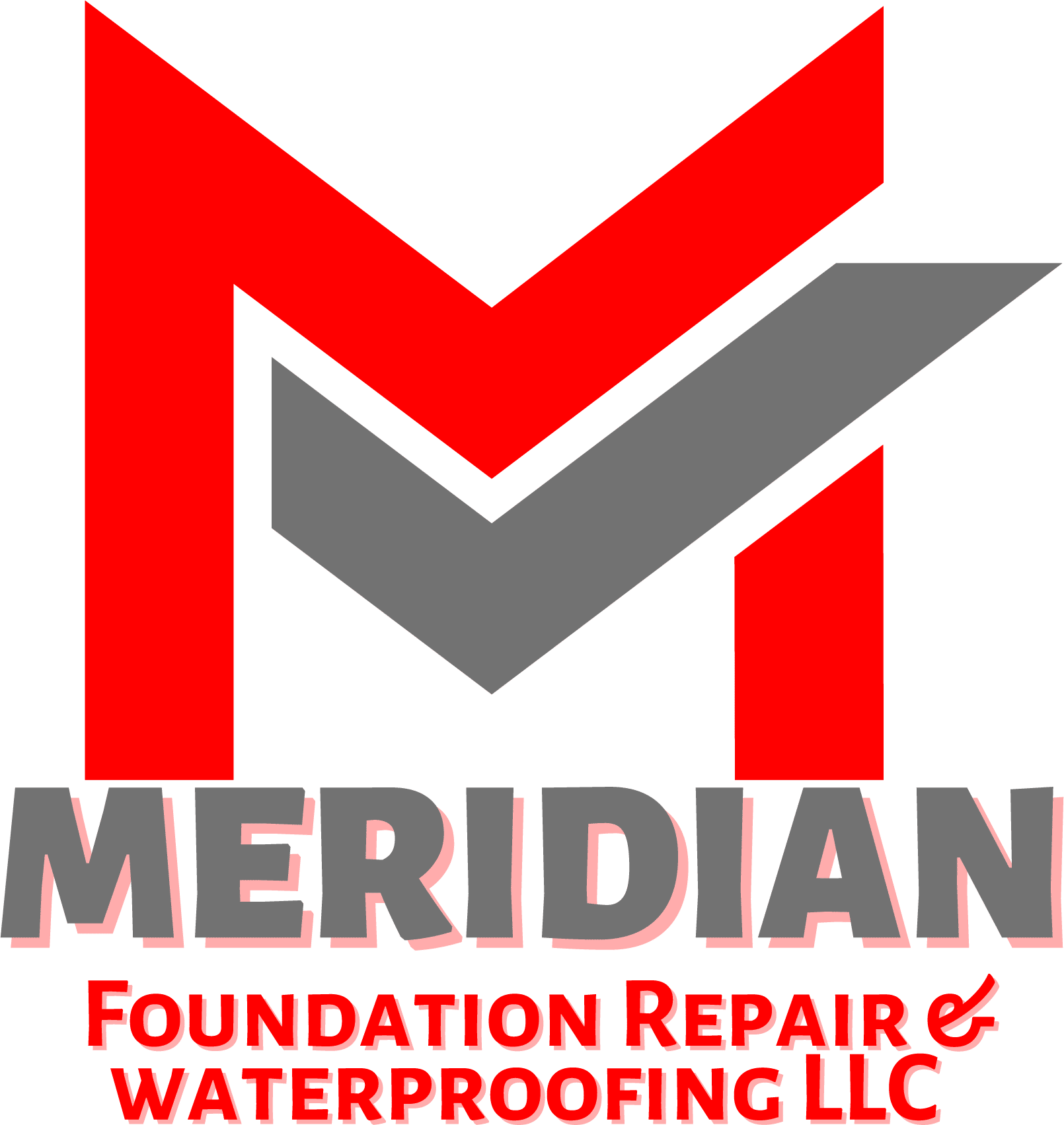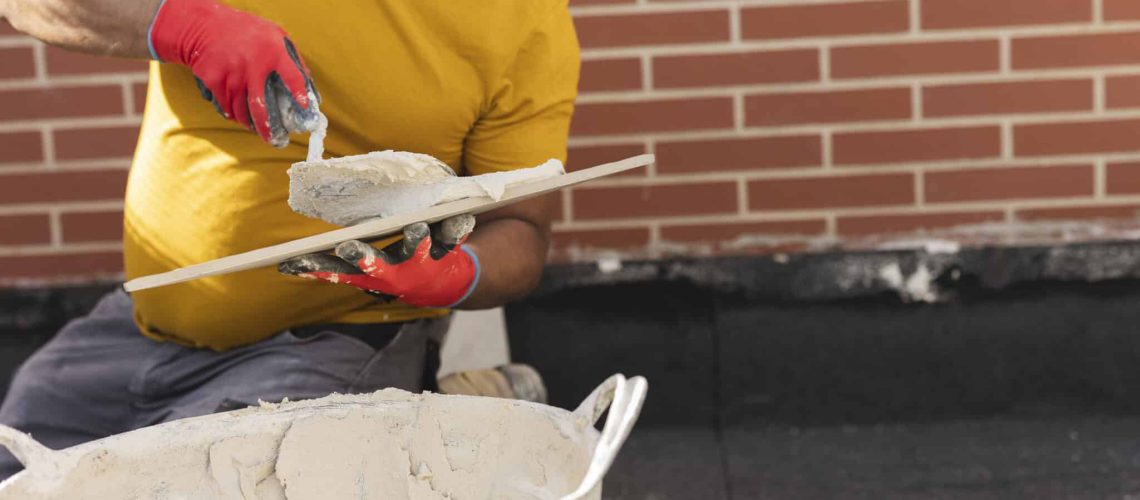Waterproofing is a crucial aspect of property maintenance and construction, aiming to prevent water intrusion and the resulting damage. However, the decision to invest in waterproofing often involves a cost vs. benefit analysis. This analysis is essential for property owners to weigh the expenses of waterproofing against the potential benefits and cost savings over time.
Cost vs. benefit analysis is a method used to determine the feasibility of an investment by comparing the expected costs of an action against the expected benefits. In the context of waterproofing, this analysis involves evaluating the costs associated with waterproofing measures, such as materials, labor, and maintenance, against the potential benefits, such as reduced repair costs, increased property value, and improved indoor air quality.
One of the key aspects of the cost vs. benefit analysis for waterproofing is understanding the potential costs of not waterproofing. Water damage can lead to a wide range of issues, including structural damage, mold growth, and health hazards. The cost of repairing these damages can far exceed the cost of waterproofing, making prevention a more cost-effective option in the long run.
Factors Affecting The Cost Of Waterproofing
The cost of waterproofing can vary significantly depending on several factors. Understanding these factors is essential for property owners to estimate the cost of waterproofing accurately and plan their budget accordingly. Here are some key factors that can affect the cost of waterproofing:
1. Type of Waterproofing: There are various types of waterproofing methods, such as liquid waterproofing membranes, cementitious waterproofing, and bituminous membrane waterproofing. The cost can vary depending on the type of waterproofing chosen and its suitability for the specific application.
2. Size of the Area: The size of the area to be waterproofed is a significant factor in determining the cost. Larger areas will require more materials and labor, leading to higher costs.
3. Accessibility: The accessibility of the area to be waterproofed can affect the cost. Areas that are difficult to access may require specialized equipment or additional labor, increasing the overall cost.
4. Severity of the Problem: The extent of the water damage and the severity of the problem can also impact the cost. More severe damage may require extensive repairs before waterproofing can be applied, increasing the overall cost.
5. Choice of Materials: The quality and type of materials used for waterproofing can affect the cost. High-quality materials may cost more upfront but can provide better protection and durability in the long run.
6. Labor Costs: Labor costs can vary depending on the location and the expertise required for the job. Waterproofing projects that require specialized skills or equipment may incur higher labor costs.
7. Additional Features: Additional features, such as drainage systems, sump pumps, or protective coatings, can add to the cost of waterproofing but may be necessary for effective water protection.
8. Building Regulations: Compliance with local building codes and regulations may impact the cost of waterproofing. Certain areas may require specific waterproofing methods or materials to meet building standards.
9. Warranty: Some waterproofing products come with a warranty, which can affect the overall cost. Products with longer warranties may be more expensive but can provide peace of mind and long-term savings.
Professional Vs. DIY Waterproofing: Which Is More Cost-Effective?
Waterproofing is a critical aspect of maintaining a property and protecting it from water damage. When it comes to waterproofing, property owners often face the decision between hiring a professional contractor or attempting a do-it-yourself (DIY) approach. Both options have their advantages and disadvantages, and understanding the cost-effectiveness of each can help property owners make an informed decision.
Professional Waterproofing:
Hiring a professional waterproofing contractor offers several benefits, including:
1. Expertise: Professional waterproofing contractors have the knowledge, skills, and experience to assess the waterproofing needs of a property accurately. They can recommend the most suitable waterproofing solutions and ensure that the work is done correctly.
2. Quality of Work: Professional waterproofing contractors use high-quality materials and techniques to ensure effective waterproofing. Their work is often backed by a warranty, providing peace of mind to property owners.
3. Time-Saving: Professional waterproofing contractors can complete the work efficiently, saving property owners time and effort. They also have access to specialized equipment and tools, which can expedite the waterproofing process.
4. Long-Term Savings: While professional waterproofing may have a higher upfront cost, it can lead to long-term savings by preventing water damage and the need for costly repairs in the future.
DIY Waterproofing:
Opting for a DIY approach to waterproofing can be cost-effective in some cases, but it comes with certain challenges:
1. Skill and Knowledge: DIY waterproofing requires a certain level of skill and knowledge to ensure that the work is done correctly. Improper waterproofing can lead to ineffective protection and costly repairs down the line.
2. Time and Effort: DIY waterproofing can be time-consuming and labor-intensive, especially for larger areas or complex waterproofing needs. Property owners should be prepared to invest time and effort into the project.
3. Risk of Mistakes: Without the proper expertise, DIY waterproofing can result in mistakes that may compromise the effectiveness of the waterproofing. These mistakes can lead to water damage and the need for professional repairs.
4. Limited Warranty: DIY waterproofing may not come with a warranty, leaving property owners responsible for any issues that arise.


